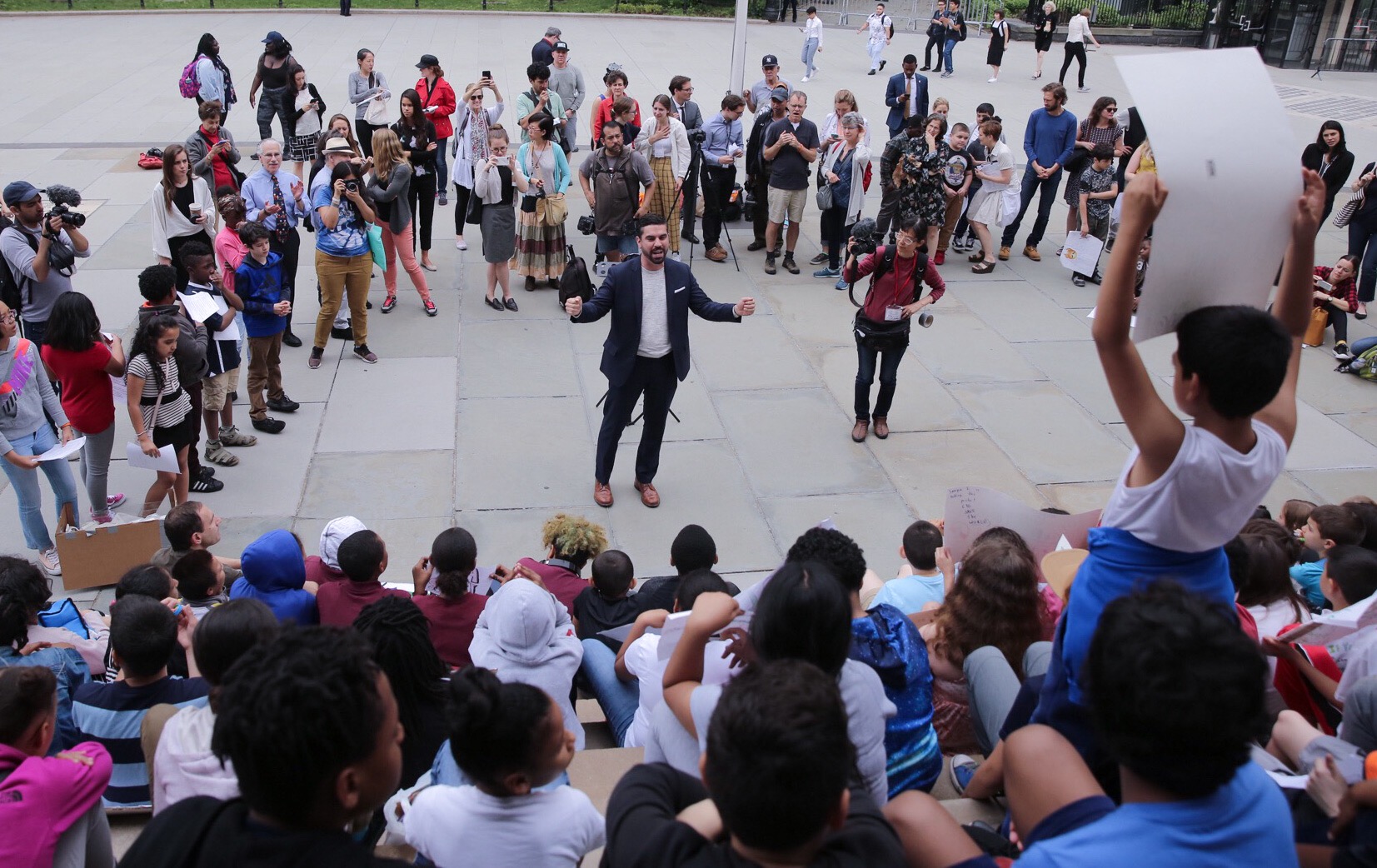Economic Democracy
“Equitable Economic Development”
We need to fundamentally rethink New York City’s approach to economic development. Economic disparity and inequality are on the rise, and traditional approaches to economic development are only exacerbating the affordability crisis. If we want to ensure that our city can be a livable place for all its residents, and not only the most affluent, we must embrace a bold new vision for equitable economic development—one that is community-driven and rooted in policies of inclusion and economic justice.
Take the Amazon #HQ2 deal as example of what we don’t need. Last year, I declined to sign-on to a letter wooing Amazon to New York City—and I remain firmly behind that decision. My reasons for not signing the Amazon H2Q letter were grounded in my disapproval of the company’s well-documented track record of anti-union practices and poor workforce conditions. I also knew that any deal for Amazon would be a top-down approach that minimized community participation—and come at an enormous cost to taxpayers at a time when there are so many urgent needs in the public sector. New York City needs a Public Advocate who will have the foresight to put communities first, not simply oppose bad deals when it’s politically convenient.
Rethinking our approach to economic development requires innovative thinking. In 2017, I was proud to be selected by the Community Innovators Lab at MIT to participate in a fellowship program focused on community-led economic development. Over the last year we have examined various models of participatory planning and development that have economically stabilized low-income urban regions and built shared wealth among working class residents at scale.
In November 2018, our fellowship co-sponsored an historic hearing on Economic Democracy, which brought together grassroots organizations, CBOs, and small business owners from across New York City to testify about the practical effectiveness of initiatives that promote a racially and economically just model of economic development. Our work continues—and I will continue to support partners and leaders across the city who are on the front lines of this effort.
Making the city’s economy more equitable for all its residents is one of the most important issues we face as New Yorkers, and here are some things that we can and should be doing right now:
Reject deals like Amazon HQ2: Marginalizing community participation and giving enormous, taxpayer-funded hand-outs to companies that don’t need them is not what we need.
Set new and higher goals around localizing procurement of contracts, prioritizing worker coops and local manufacturers.
Build upon the progress made by the City’s Minority and Women-Owned Business Enterprise (M/WBE) program
Support the work of on-the-ground organizations in developing a more inclusive economy

